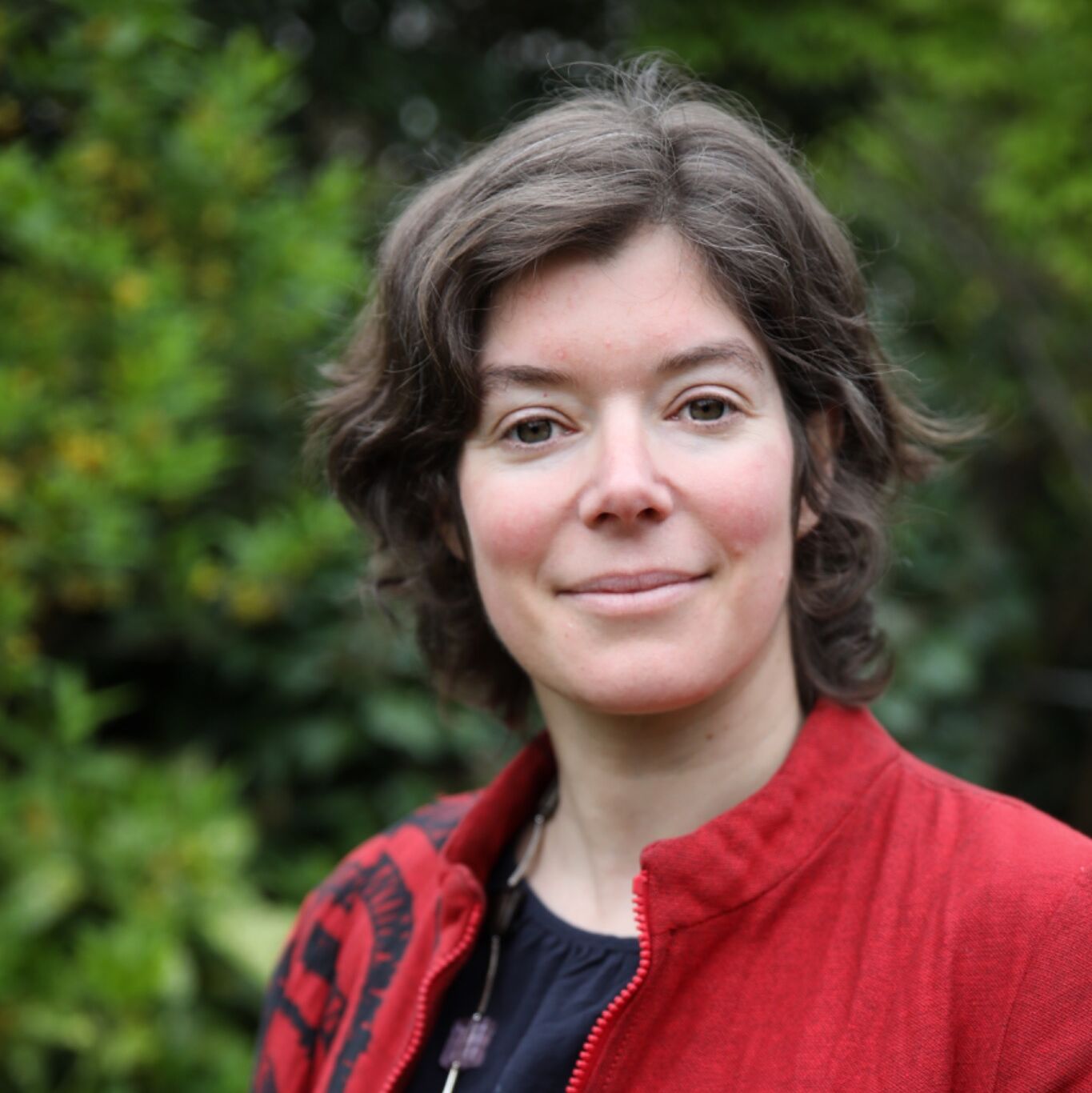“I really had to fight to get the health insurance company to pay for my son’s chemotherapy.”
Interview with Alessia B, affected mother

The costs of drugs for children with cancer are not always automatically covered by the health insurance company. This was something Alessia B found out when her son was diagnosed as having leukaemia at the age of three. Although the child was treated in accordance with a treatment protocol approved in Switzerland, the health insurance company initially refused to cover the costs for part of the treatment. Like a lot of other parents, this mum had to fight for the costs of a treatment that would save her child’s life to be covered.
What exactly happened?
When our youngest son was just three years old, he was diagnosed with acute lymphoblastic leukaemia (ALL). From one day to the next, our family life was turned upside down. It was as if we had been swept away by a tsunami: we were completely lost. To win the fight against cancer, Damien had to have intensive treatment, first of all in hospital and then at home. It was a very difficult time for us and we were really afraid about what was going to happen. The paediatric oncologist had prescribed oral chemotherapy, which included one drug that he had to take daily and another drug that he got once a week. Added to that was cortisone, antibiotics and a lumbar puncture every two to three months. It has to be said that most cancer drugs were actually developed to treat adults. Small children such as Damien are still too young to swallow the chemotherapy capsules and they need a syrup which makes it possible to define the dosage exactly according to the weight of the patient. As this syrup does not exist in Switzerland, it was put together by the hospital pharmacy. Our health insurance company refused to cover the cost of this solution even though it was crucial for the treatment.
What reasons did the health insurance company give for turning the application down?
The insurance company told us that the medication in syrup form wasn't on the speciality list* of reimbursable drugs – unlike the capsules. Another drug that proved difficult in terms of having the costs reimbursed was an antiviral drug against chicken pox. The costs of that dug are normally covered by the health insurance company but Damien had to take it as a precaution because he had been in contact with a child with chicken pox, and so the application was turned down because the usage deviated from the standard scenario. The thing was that Damien’s immune system was so weakened by the chemotherapy that chicken pox would have been fatal for him at that time. In the hospital, I found out that, unfortunately, these refusals are pretty commonplace and that the doctors spend rather a large proportion of their working time writing appeals and filling out forms so that essential medicines are reimbursed.
So what steps were necessary to convince the health insurance company to cover the costs in the end?
I had to ring the health insurance company several times and Damien’s oncologist sent the health insurance company various explanations and they then agreed to cover the costs of two drugs. In addition, the guarantee for the coverage of chemotherapy costs was only valid for three months and had to be reassessed after this time. For us parents that just increased the amount of stress as well as our anger. We simply could not understand it because Damien was being treated in hospital in accordance with international treatment protocols which were recognised in Switzerland and he was getting chemotherapy that was absolutely essential for his recovery. Then we had to change the drug during the therapy because they couldn’t guarantee that the costs of the original chemotherapy would continue to be covered, although the costs for a drug from Germany that was three times as expensive were covered.
How did you react to that?
If a child has a fatal disease such as cancer, parents are naturally devastated. From one moment to the next, your life is turned upside down. In such a critical situation where the survival of a child is at stake, you shouldn’t have to spend time fighting for the costs of therapy to be covered. On the contrary, this is the kind of difficult situation where you need help and support. I got the impression that our health insurance company simply didn’t understand just how serious Damien’s illness was. That was really difficult to bear and I suffered a lot because of it. We were lucky to have the costs of the drugs reimbursed, but that is not always the case. I feel that the current system is unfair and takes up far too much time. I would like to see the automatic reimbursement of all medication costs prescribed under these treatment protocols become mandatory in the future. It is also essential that children have easier access to innovative therapies that can save their lives. Every child with cancer should have the right to have the best possible chances of recovery.
* A drug only has to be paid for by the health insurance company if it is on what is called the speciality list and has been prescribed by a doctor. However, if a drug that is not on this list or a medication that is not yet authorised in Switzerland is prescribed, you have to submit an application for reimbursement in an exceptional case (off-label use) to the health insurance company. Currently, this applies to around 90% of the cancer drugs for children and adolescents because their use does not correspond to, or only partially corresponds to, the required indication on the speciality list.